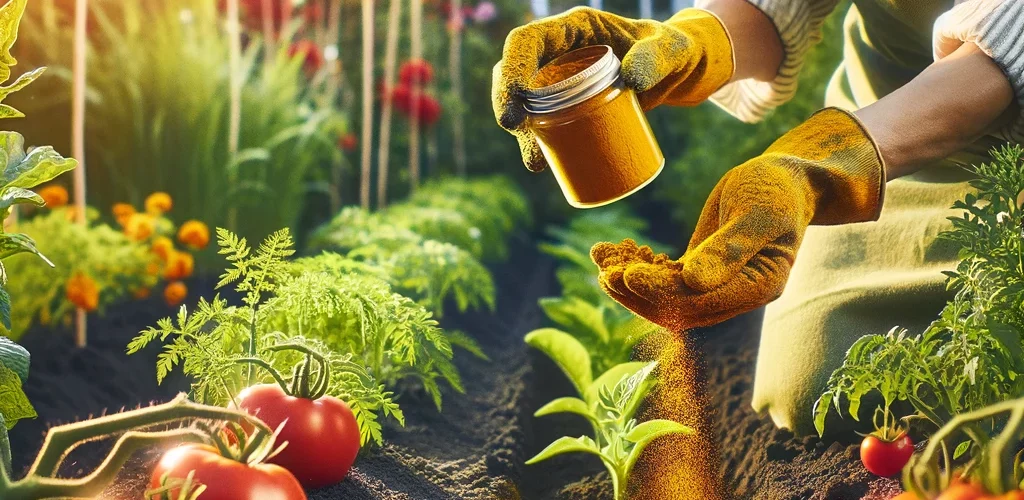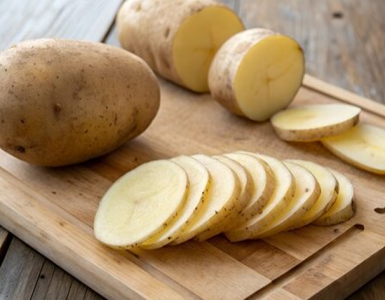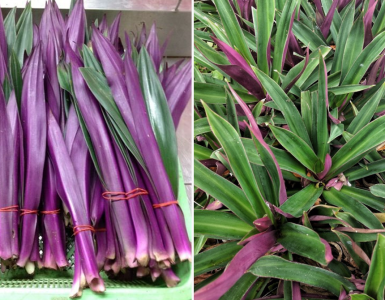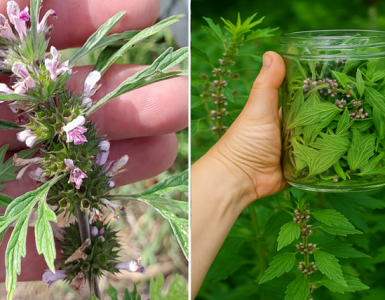In the world of gardening, there’s a plethora of advice on how to cultivate the healthiest, most robust plants. From watering schedules to sunlight exposure, every detail matters. However, one lesser-known secret among seasoned gardeners is the inclusion of turmeric powder in the soil mix. While it may seem unconventional at first, experts tout its benefits for peppers, tomatoes, and various other vegetables. Let’s delve into why turmeric powder has become a staple in many gardening arsenals.
The Power of Turmeric
Turmeric, a vibrant yellow spice derived from the Curcuma longa plant, is renowned for its culinary uses and medicinal properties. Its active compound, curcumin, possesses antioxidant and anti-inflammatory properties, making it a popular ingredient in traditional medicine. Beyond its health benefits for humans, turmeric also exerts positive effects on plants when incorporated into the soil.
Soil Enrichment
One of the primary reasons experts advocate for the use of turmeric powder in vegetable gardens is its ability to enrich the soil. Turmeric contains essential nutrients like potassium, phosphorus, and calcium, which are vital for plant growth and development. When added to the soil, turmeric acts as a natural fertilizer, providing plants with the nourishment they need to thrive.
Pest Repellent
In addition to its nutritional benefits, turmeric powder serves as a natural deterrent against pests and diseases that commonly afflict peppers, tomatoes, and other vegetables. Its strong aroma acts as a repellent, warding off insects and pests that might otherwise damage or destroy crops. By incorporating turmeric into the soil, gardeners can reduce the need for harmful pesticides and promote a healthier ecosystem in their gardens.
Enhanced Flavor and Nutritional Value
Beyond its effects on plant health, the inclusion of turmeric powder can also enhance the flavor and nutritional value of vegetables. Studies have shown that curcumin, the active compound in turmeric, can increase the levels of certain antioxidants in plants, potentially leading to tastier and more nutritious crops. Additionally, the vibrant color imparted by turmeric adds visual appeal to harvested vegetables, making them even more enticing to consume.
Application and Dosage
When incorporating turmeric powder into the soil, it’s essential to do so in moderation. Experts recommend mixing approximately one to two teaspoons of turmeric powder per square foot of soil before planting. This ensures that plants receive the benefits of turmeric without risking over-fertilization or imbalance in the soil’s nutrient composition. Gardeners can either sprinkle the turmeric directly onto the soil or mix it thoroughly into compost or potting mixtures before planting.
In the world of gardening, experimentation often leads to surprising discoveries. While the use of turmeric powder may seem unconventional to some, its efficacy in promoting plant health and productivity cannot be denied. Whether you’re growing peppers, tomatoes, or a variety of other vegetables, consider adding turmeric powder to your soil mix and reap the benefits of this natural wonder spice. With the guidance of experts and a dash of innovation, your garden can flourish like never before.






Add comment